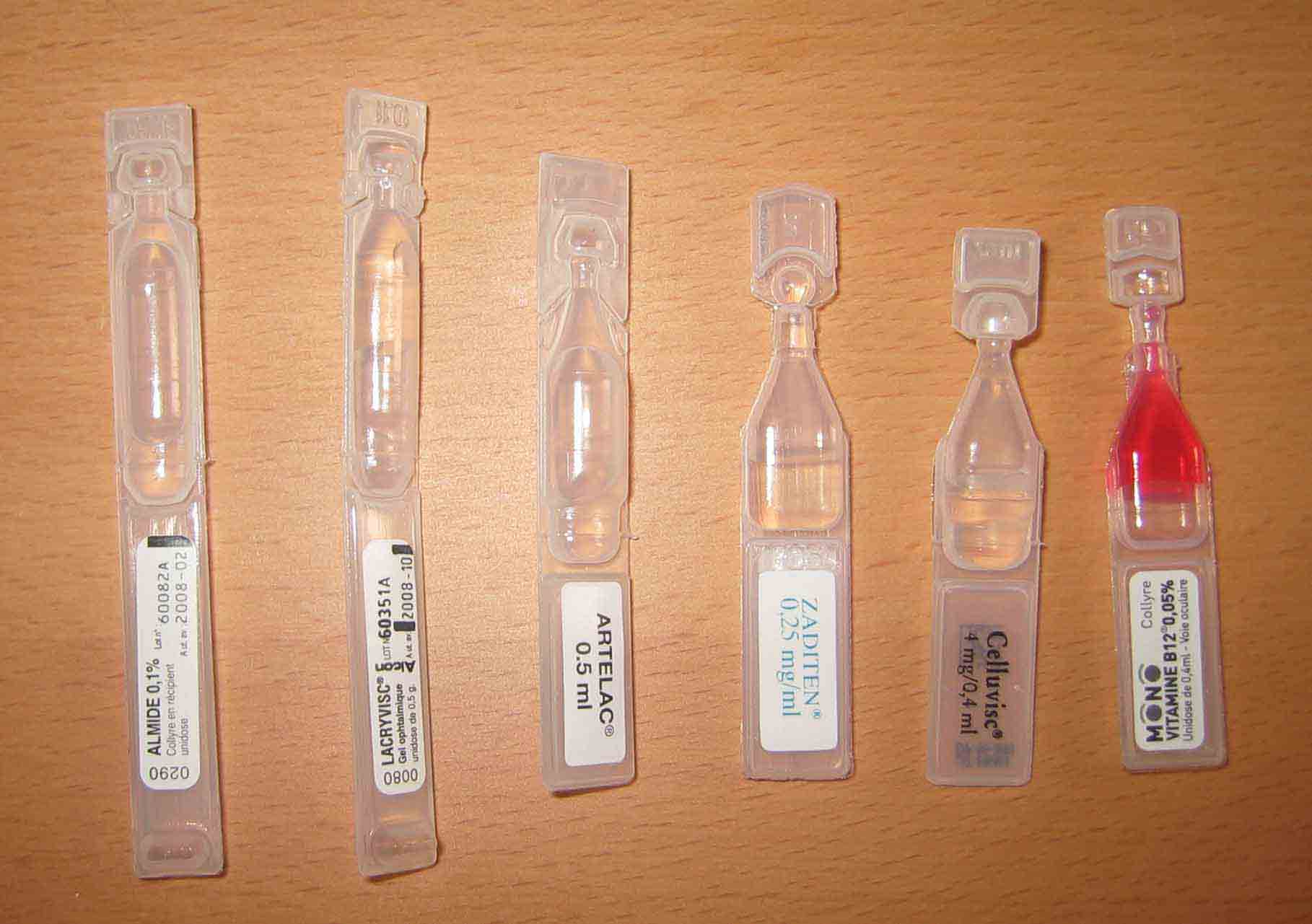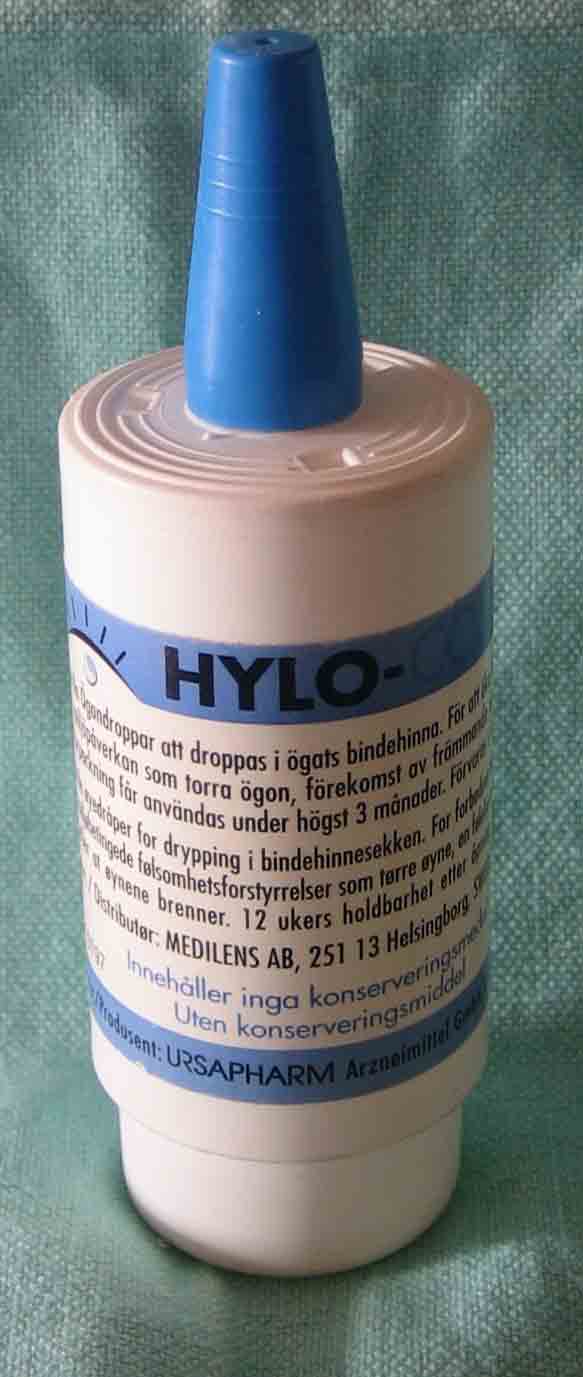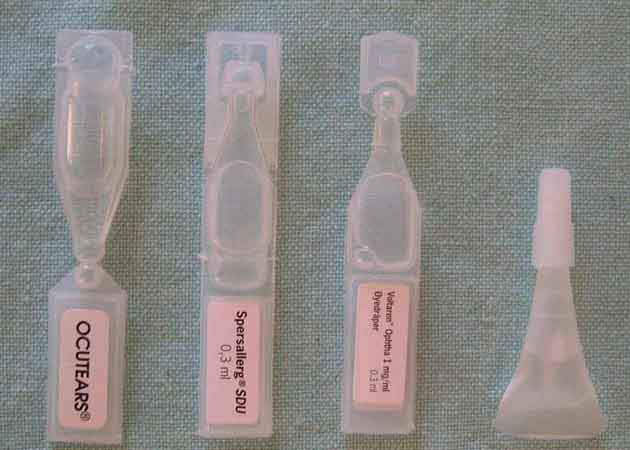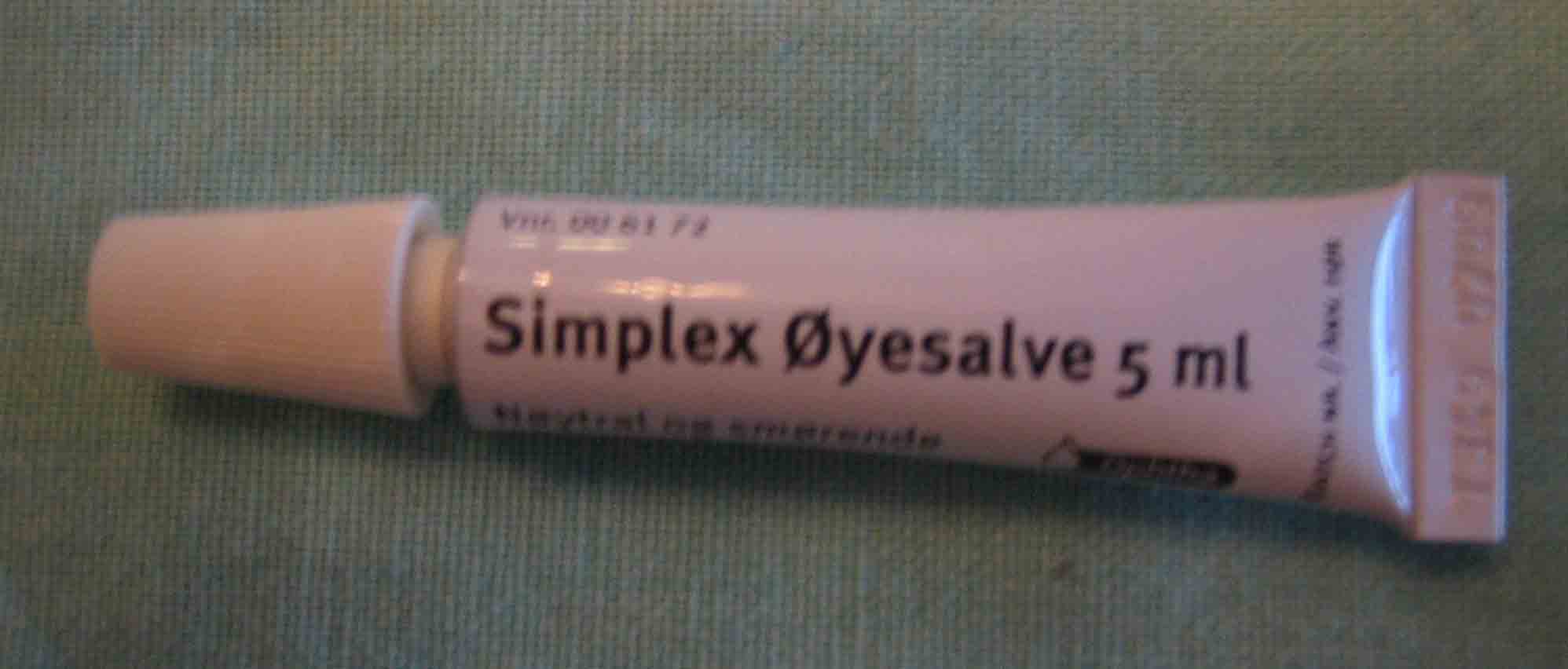Well, if you haven't done so yet, you probably will if you need an antibiotic, antihistamine, anti-inflammatory, anti-fungal, anti-glaucoma, lubricating, dry eye, or redness/allergy reliever eye drops. The culprits: preservatives, commonly used in eye drops, such as Benzalkonium Chloride (also known as BAK or BAC), thimerosal, etc…
Eye drops have long been packaged so that they will survive use and storage over weeks or months--including enduring some pretty harsh environments (e.g., pockets, purses, glove compartments, luggage, toiletry kits, etc.) making them susceptible to exposure to microbes (viruses, bacteria, and fungi). In addition, many people are not educated to use drops in a hygienic manner (avoiding touching the tip of the bottle with their fingers or eye). But
the answer for that is patient education not adding another problem!
The traditional method of protecting the product against contamination by these bugs is through the addition of preservatives. Preservatives have become omnipresent in ocular drops, making it very difficult to avoid them.
Preservative have also been added to gels and ointments
to preserve them from germs, but due to the long residence time (the time
the substance stays in the eye) in ointements and gels one should be
even more careful when considering the consequences of preservatives.
But preservatives have WELL DOCUMENTED, AND SEVERE consequences to corneas when used frequently. Furthermore, many people develop hyper-sensitivity to preservative-containing drops. People who develop a hyper-sensitivity to
Benzalkonium Chloride, for instance, cannot use most drops that are currently available on the market.
Frequent use of preservatives also tends to weaken the outer layer of the eye (the epithelium of the cornea), leaving it much more fragile. Thus, people suffering from ocular ulcerations, epitheliopathy, dry eyes and other ocular surface diseases should never use preservatives. However, they may not have alternatives most of the time.
By trying to solve one problem (bottle contamination) pharmaceutical companies have created another one (preservative-induced toxicity). This problem is well known and has been documented for decades.
In Medecine the first rule should
remain primum non nocere (first do no harm) but unfortunately that's
hasn't been the case with preservatives.




But there are alternatives to preserving eye drops with toxic detergents , including packaging the products in single-use vials (that—when used correctly--minimize the risk of microbial contamination), or special containers that prevent such contamination in the first place by eliminating exposure of the bottles' contents to the air or other contaminants.
Some pharmaceutical companies haven't taken the necessary steps to solve this problem, allegedly for practical, commercial and financial reasons. For instance, pharmaceutical companies often say that single-use vials would increase the cost of their product, possibly hurting sales.
How much are your eyes worth to you? Wouldn't you pay a few more cents to protect your eyes? Wouldn't you rather see the problem that you're treating get better, not worse ?
It IS that serious.
The good news? Some pharmaceutical companies have taken the necessary steps to solve this problem--either by using single-use vials or those special containers. So some pharmaceutical companies DO recognize the negative impact that preservatives like Benzalkonium Chloride have, while others are still trying to ignore this very important issue.
Who knows? Maybe they sell more eye drops this way.
This is what we call the 'Preservative Paradox!
Preserve
our Eyes, not our Drops!
▲

copyright ©
Keratos 2007